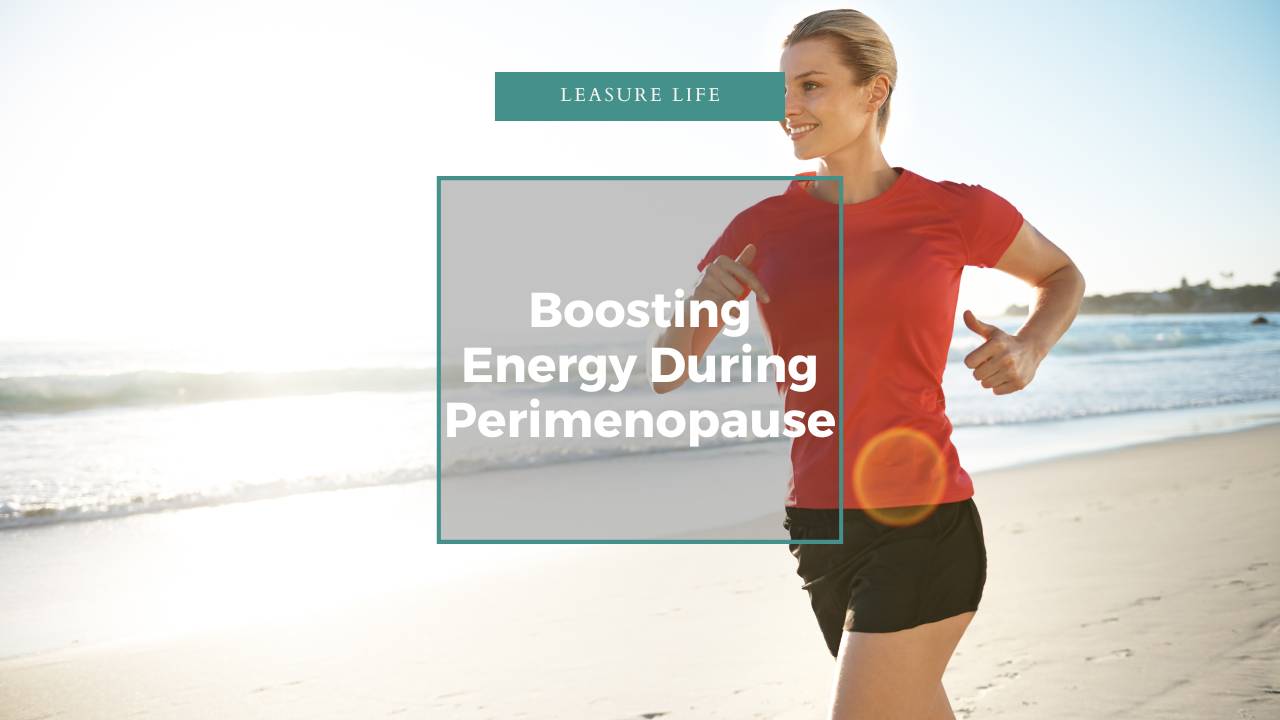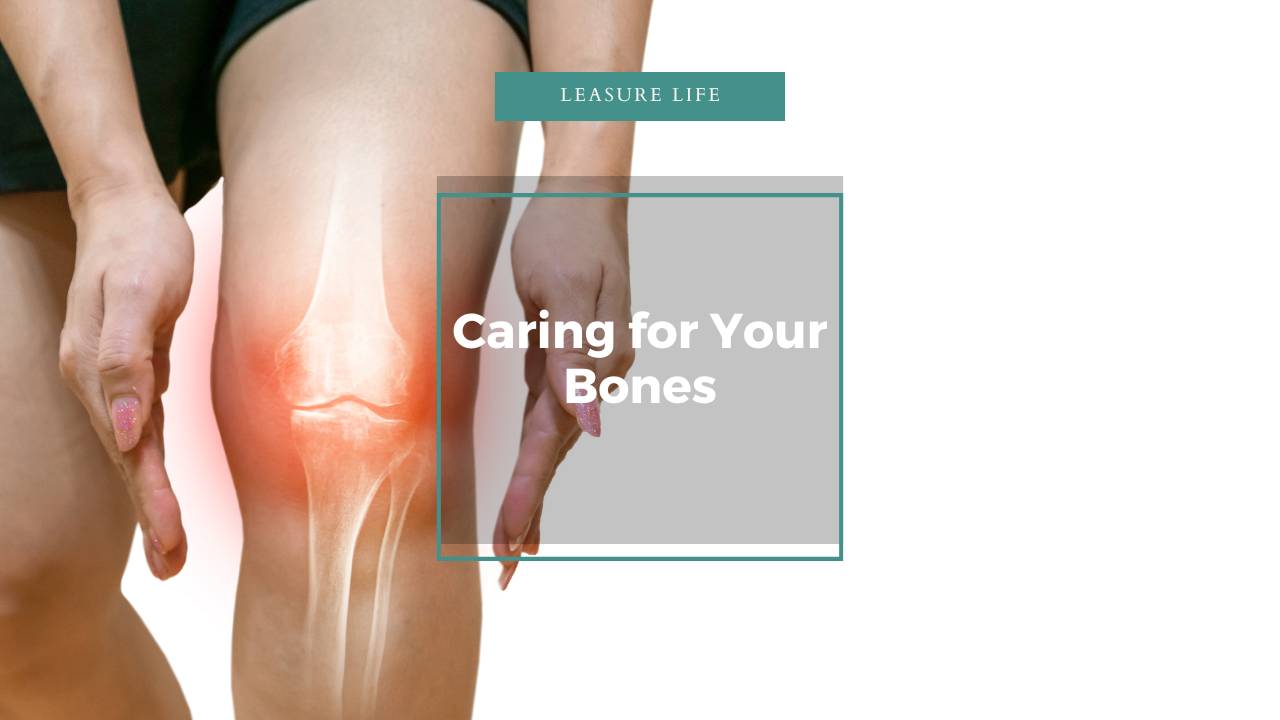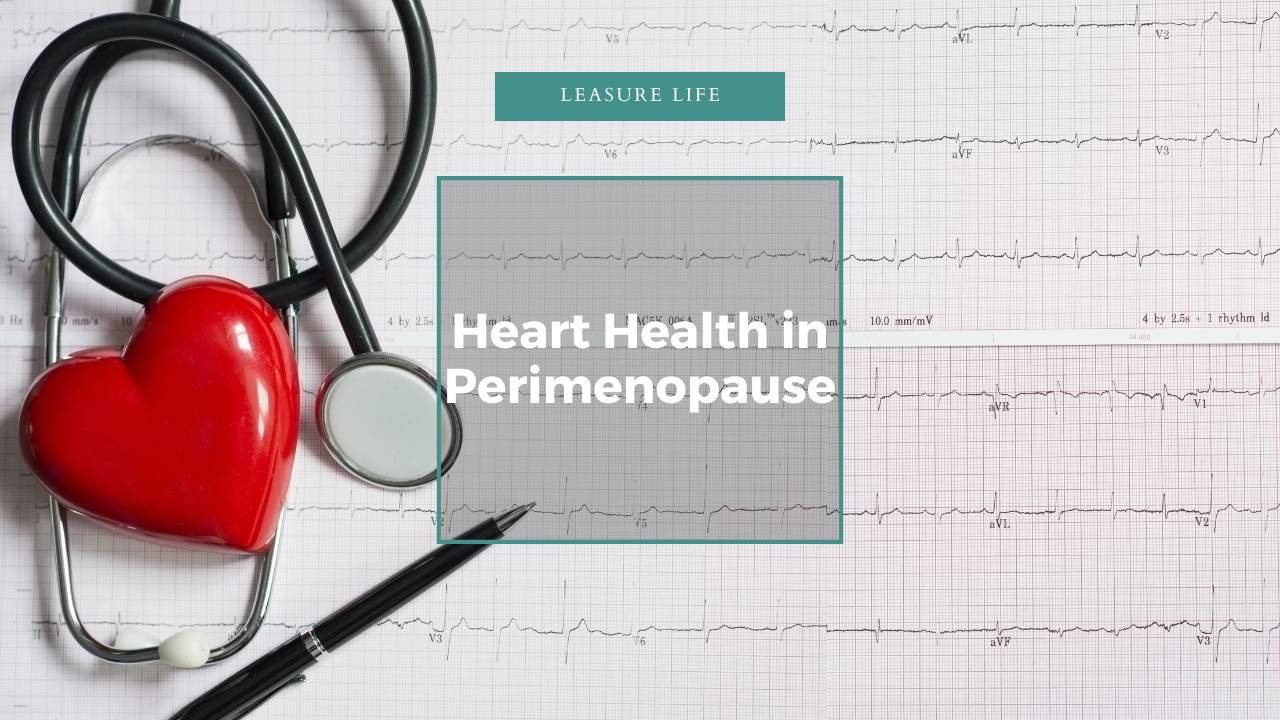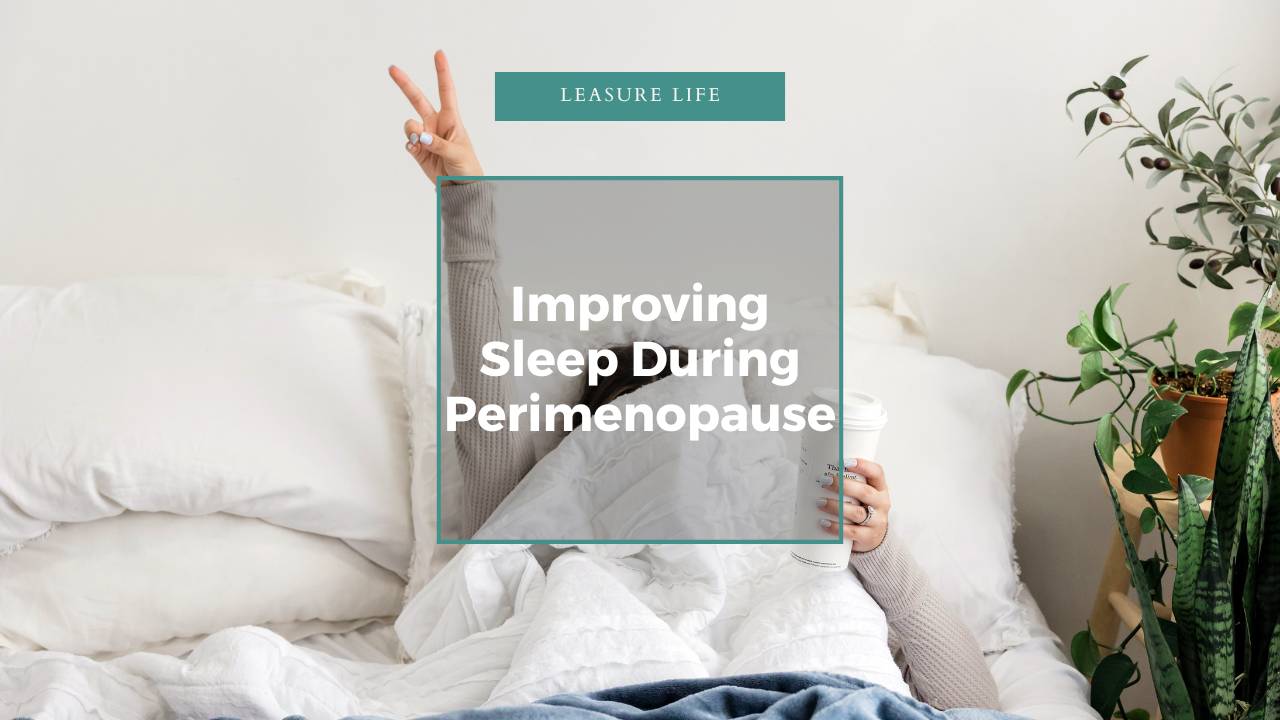Navigating Hormonal Swings: Managing the Emotional Rollercoaster

Hormonal changes during perimenopause often feel like an emotional rollercoaster with unexpected twists and turns. One moment, you’re calm and collected; the next, you’re overwhelmed by frustration or sadness. These emotional swings are driven by fluctuating estrogen and progesterone levels, which directly impact neurotransmitters like serotonin, the "feel-good" chemical. It’s not all in your head—your hormones truly influence your mood. But there’s good news: understanding the connection between your emotions and your hormones is the first step in regaining balance.
I’ll never forget a conversation I had with a patient, Maria, who confided, “I literally have no fuse - I can physically feel it getting shorter.” Maria, a busy mom of three, was juggling work, family, and her changing hormones. Through hormone testing, we discovered significant fluctuations in her estrogen levels. We implemented mindfulness practices, optimized her diet with mood-boosting nutrients, and introduced adapto...
Boosting Energy During Perimenopause: No More Midday Slumps!

Feeling drained and battling a constant energy crash? You’re not alone. Many women in perimenopause experience fatigue that seems to strike without warning. Hormonal fluctuations, particularly with estrogen and progesterone, play a key role in this energy rollercoaster. Add disrupted sleep and increased stress to the mix, and it’s no wonder so many women feel like they’re running on empty. The good news? You don’t have to accept low energy as your new normal.
One of my patients, Emily, described her daily routine as a marathon she couldn’t finish. She relied on multiple cups of coffee just to get through the day, only to crash by mid-afternoon. Through functional testing, we discovered that her cortisol levels were elevated in the evening but low in the morning—a classic sign of adrenal dysregulation. We revamped her morning routine with protein-rich breakfasts to stabilize her blood sugar and introduced a tailored supplement regimen, including B vitamins and adaptogens, to support he...
Hot Flashes and Night Sweats: Cool Solutions for Common Symptoms

Hot flashes and night sweats are some of the most recognizable symptoms of perimenopause, but they can also be some of the most frustrating. These sudden waves of heat and excessive sweating often strike at the most inconvenient times—whether during a meeting or in the middle of the night. The culprit? Fluctuating estrogen levels that interfere with your body’s temperature regulation. While these symptoms are common, you don’t have to suffer through them without solutions.
I remember a patient, Karen, who told me how her night sweats were disrupting her sleep and leaving her exhausted during the day. We started by identifying potential triggers, such as caffeine and spicy foods, which were aggravating her symptoms. I recommended a personalized approach, including dietary changes, phytoestrogen-rich foods like flaxseeds, and a supplement with black cohosh to help balance her hormones naturally. Karen also incorporated cooling strategies, such as using a fan at night and wearing moistur...
Caring for Your Bones: Protecting Bone Health During Perimenopause

Bone health often takes a backseat during perimenopause until a fracture or diagnosis brings it into focus. But the truth is, hormonal changes during this time have a significant impact on your bones. As estrogen levels decline, your body loses its natural protector against bone loss, putting you at increased risk for osteoporosis. This is why prioritizing bone health during perimenopause is one of the best investments you can make in your long-term well-being.
One of my patients, Laura, came to me concerned after her mother suffered a hip fracture due to osteoporosis. “I want to do everything I can to avoid that,” she said. We started by assessing her bone density through a DEXA scan and checking her calcium, vitamin D, and magnesium levels. Laura’s plan included weight-bearing exercises, foods rich in calcium like leafy greens and sardines, and a high-quality vitamin D supplement. By taking proactive steps, Laura felt empowered knowing she was protecting her bones for the future.
C...
Heart Health in Perimenopause: Protecting Your Most Vital Organ

Perimenopause doesn’t just affect your hormones—it also impacts your heart. As estrogen levels decline, your risk for heart disease, the leading cause of death for women, increases significantly. Estrogen plays a protective role in maintaining healthy cholesterol levels, blood pressure, and blood vessel function. Understanding these changes and taking proactive steps to protect your heart can make all the difference for your long-term health.
I worked with a patient, Susan, who was shocked when her routine bloodwork revealed elevated cholesterol levels during her early 50s. “I’ve always been healthy—what’s changed?” she asked. Through functional medicine testing, we pinpointed the hormonal shifts affecting her heart health. Susan began incorporating heart-healthy foods like salmon, walnuts, and leafy greens, while adding regular walking and yoga into her routine. With these changes, her cholesterol levels improved, and she felt more energized and confident about her health.
Protectin...
Skin, Hair, and Nail Changes: Preserving Your Natural Glow

During perimenopause, many women notice changes in their skin, hair, and nails that can feel frustrating and unwelcome. Declining estrogen levels reduce collagen production, leading to drier skin, fine lines, and even hair thinning. Nails may become brittle, and breakouts may resurface, making it feel like you’re navigating puberty all over again. The good news? These changes are manageable, and with the right approach, you can maintain your natural glow.
One of my patients, Rachel, came to me feeling self-conscious about her thinning hair and dull skin. “I don’t feel like myself anymore,” she shared. Together, we explored the root causes through hormone and nutrient testing, uncovering low estrogen and deficiencies in biotin and zinc. By creating a personalized plan that included targeted supplements, a collagen-rich diet, and stress management techniques, Rachel noticed visible improvements in just a few months. “I feel vibrant again!” she exclaimed.
Caring for your appearance duri...
Finding Balance: Thriving in the Chaos of Perimenopause

Perimenopause can feel like a whirlwind—a time when your body, emotions, and daily life seem to collide in unexpected ways. But amidst the chaos, there’s an opportunity to find balance and thrive. This phase of life is a transition, not an end, and with the right tools and mindset, it can be a period of empowerment and renewal. The key is to approach it holistically, addressing the mind, body, and spirit as interconnected pieces of your overall well-being.
I remember working with a patient, Ellen, who felt overwhelmed by perimenopause symptoms. “I’m juggling so much, and my body feels like it’s betraying me,” she admitted. Through functional medicine, we addressed her concerns one by one—hormone testing revealed imbalances, nutritional deficiencies were corrected, and stress management became a priority. By focusing on her whole self rather than isolated symptoms, Ellen found a sense of balance that transformed her outlook. “I finally feel in control again,” she shared.
Finding balan...
Improving Sleep During Perimenopause: Say Goodbye to Insomnia

Sleep during perimenopause can feel elusive, like chasing a dream you can’t quite catch. Many women find themselves tossing and turning, waking up at odd hours, or struggling to fall back asleep. Hormonal fluctuations, particularly with estrogen and progesterone, are often the culprits, as these hormones play a vital role in regulating sleep. Add in stress, night sweats, or even a busy mind, and it’s no wonder insomnia becomes a common complaint. The good news? There are strategies to restore your restful nights.
I recall working with a patient, Diane, who came to me exhausted and frustrated. “I can’t even remember the last time I slept through the night,” she said. Through functional testing, we identified that her cortisol levels were spiking in the evening, disrupting her ability to wind down. We implemented a personalized plan that included a calming evening routine, magnesium-rich foods to relax her muscles, and herbal support like valerian root to improve her sleep quality. With...
Understanding Perimenopause: What’s Happening to My Body?

Perimenopause is like walking into a new chapter of life with a plot twist—your body starts to rewrite the rules. As a functional medicine physician and a woman, I understand how confusing and frustrating this stage can be. Perimenopause, which often begins in your 40s (but sometimes earlier), is the transitional phase leading up to menopause. During this time, your hormone levels—particularly estrogen and progesterone—fluctuate unpredictably, leading to symptoms like irregular periods, mood swings, hot flashes, and sleep disturbances. Understanding these changes is the first step in taking control of your health and feeling empowered.
I remember when one of my patients, Sarah, came to me saying, “I just don’t feel like myself anymore.” She was overwhelmed by mood swings and constant fatigue, unsure if it was stress, aging, or something else. Together, we used functional medicine to uncover the root causes of her symptoms. By conducting a hormone panel, we pinpointed imbalances and c...


